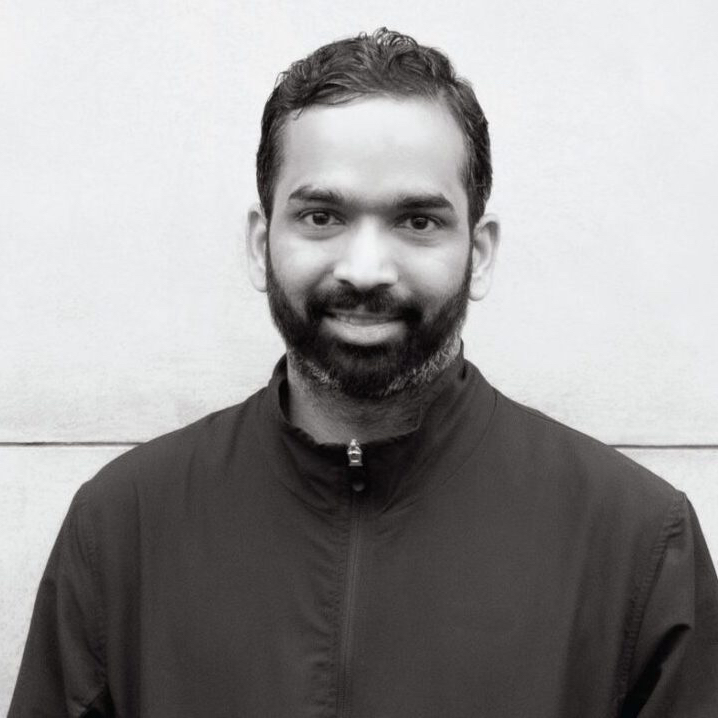
Speaker: Vivek Seshadri
Karya
Do you know where your training data came from?
Abstract
The age of AI has brought significant efficiency improvements across various sectors. This revolution is enabled by a large number of data workers who generate, clean, and enrich datasets that can then be used to train AI models. As we advance in developing the next generations of AI, ensuring that data work is conducted ethically is crucial.
Karya aims to create earning and learning opportunities for people in underserved communities by connecting them to ethical, dignified AI-enabled digital work. At Karya, our commitment to prioritize the welfare of our workers manifests in two key ways. First, our ultimate goal is to move towards a world where a fair share of the value generated by AI services is returned to the workers who create the enabling datasets. Towards this goal, Karya offers high wages (nearly 20X the Indian minimum wage) to its workers aiming to match the value of data, and not just the labor cost. Further, Karya offers royalty payments to workers whenever datasets are resold. Second, we ensure that all work on our platform is safe and does not negatively affect the mental health of our workers. At a very basic level, we do not engage in any kind of content moderation work on our platform.
In this talk, I will present an overview of the work done at Karya, expand on our commitment to ethical data collection, and present some exciting opportunities enabled by AI.
Speaker Biography
Vivek Seshadri is the Cofounder of Karya and a Principal Researcher at Microsoft Research India. Vivek received his BTech in Computer Science from IIT Madras and his PhD in Computer Science from Carnegie Mellon University, where he worked on designing efficient memory systems. Inspired to use his skills to solve problems faced by underserved communities, Vivek moved back to India and started working in the broad area of technology for development. At Karya, Along with his team, Vivek is focused on creating economic and skilling opportunities for people in underserved communities by connect them to AI-enabled digital work. Together, he has led Karya into multiple global impact-focused accelerator programs and awards. Outside of work, he is a competitive squash player. Vivek is extremely honored to be giving his first keynote presentation in Pittsburgh, the city where he learned it all!
